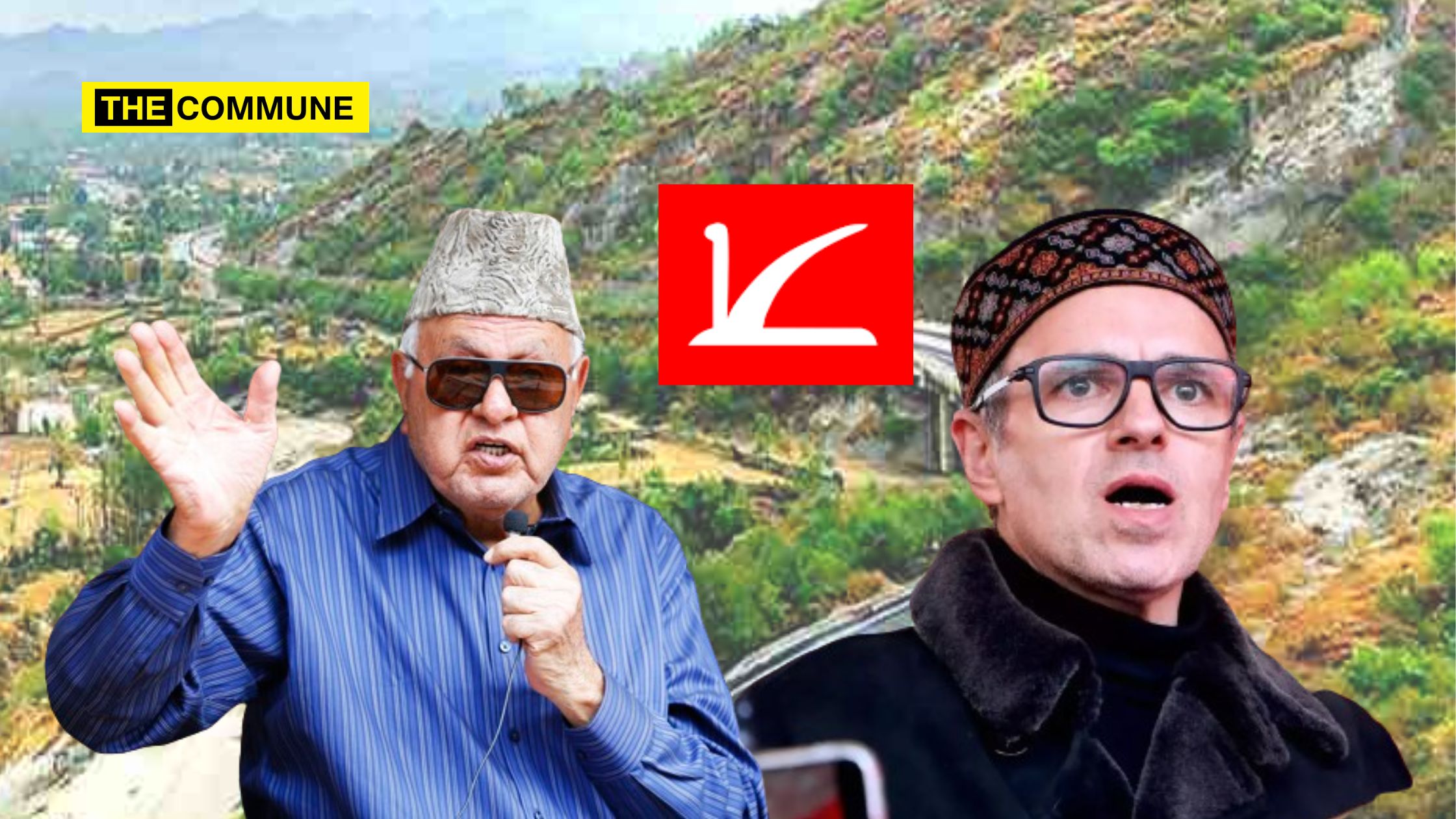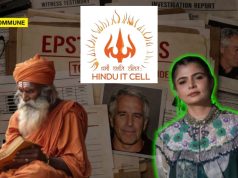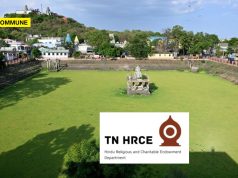
The National Conference released its manifesto as Jammu and Kashmir gear up for their first Assembly elections in a decade. The manifesto suggests the region’s potential erasure of Hindu heritage and the complete restoration of Article 370 in Kashmir. It refers to Shankaracharya Hill as Takht-i-Sulaiman and Hari Parbat as Koh-e-Maran.
The elections are scheduled in three phases: 18 September, 25 September, and 1 October 2024, with vote counting on 4 October 2024. These elections will be crucial in determining the future political landscape of J&K. NC manifesto promises to address the unique political, economic, and social challenges facing the Union Territory (UT).
Below is a detailed overview of the key NC commitments:
Restoration of Articles 370 & 35A
A central theme of the NC’s manifesto is the restoration of Articles 370 and 35A, rescinded in August 2019, leading to the revocation of J&K’s special status. The NC would fight for the return of these constitutional provisions.
Repeal of the Public Safety Act (PSA)
The manifesto also promises to repeal the controversial Public Safety Act (PSA), which has been criticised for its use in detaining individuals without trial. The NC argues that the PSA has been misused to stifle dissent and that its repeal is necessary to restore civil liberties in J&K.
Indo-Pak Dialogue and Regional Peace
The NC advocates for renewed dialogue between India and Pakistan to resolve ongoing conflicts and promote peace in South Asia. The party emphasises that the aspirations for peace among the people of J&K should drive this diplomatic engagement.
Autonomy and Constitutional Safeguards
The NC has reiterated its commitment to fully implementing the autonomy resolution passed by the J&K Assembly in 2000. This resolution seeks to restore the state’s pre-1953 constitutional position.
Opposition to the Uniform Civil Code (UCC) & Citizenship (Amendment) Act (CAA)
The manifesto strongly opposes the implementation of the UCC and the CAA. The NC has promised to protect the land and employment rights of J&K residents.
Rehabilitation of Kashmiri Pandits & Community Reconciliation
The NC has reaffirmed its commitment to the “dignified return and rehabilitation” of Kashmiri Pandits who were displaced from the region. The party also proposes the formation of a “truth and reconciliation commission” aimed at healing communal divides and fostering harmony within communities.
Economic Initiatives
The NC has proposed the passage of the J&K Youth Employment Generation Act. This Act aims to provide 1 lakh jobs within three months of coming to power. The party also promises to fill government vacancies within 180 days to address unemployment.
Addressing Power Crisis & Welfare Schemes
The NC has pledged to transfer hydroelectric projects to J&K to address the UT’s power crisis. The party also promises residents 200 free units of electricity and a one-time settlement for outstanding electricity bills.
The manifesto also includes social welfare measures such as monthly assistance of Rs 5,000 to female heads of EWS households and increasing the monthly rice allocation to 10 kg per person. Further promises include providing six free cylinders annually to economically weaker sections, free travel for women on public transport, and establishing a minority commission.
Furthermore, the party has also committed to enhancing pensioners’ medical allowances and improving the region’s Public Distribution System (PDS).
Troubling Aspects Of National Conference’s Manifesto
The National Conference manifesto for the upcoming Jammu and Kashmir Assembly elections includes several promises that raise significant concerns.
NC has pledged to strive for the complete restoration of Articles 370 and 35A and reinstate Jammu and Kashmir’s statehood as it existed before 5 August 2019. On this date, the central government abrogated Article 370, which granted special status to Jammu and Kashmir, and bifurcated the state into two Union Territories.
Reintroducing Article 370 would re-establish the constitutional division between Jammu and Kashmir and the rest of India, which is viewed as a step backwards in national integration. The abrogation of Article 370 was a move towards bringing Jammu and Kashmir into complete constitutional alignment with the rest of the country, eliminating the perceived legal and political barriers that separated the region from the rest of India.
The special status under Article 370 was primarily responsible for fostering a sense of separatism in the region. Bringing it back could reignite tensions and instability. The manifesto’s promise to undo post-August 2019 legislation could reverse the progress toward normalcy and peace in J&K over the past five years.
Potential Erasure Of Hindu Heritage In Kashmir?
NC proposes connecting Shankaracharya Hill with Hari Parbat Fort through a gondola system to promote tourism. However, the language used in the National Conference manifesto—referring to Shankaracharya Hill as Takht-i-Sulaiman and Hari Parbat as Koh-e-Maran—raises concerns about the erasure of these significant landmarks’ Hindu history and identity.
National Conference Manifesto
Hindu temple of Shankaracharya called Takht-I-Sulaiman and the hill where Hari Parbat Temple Goddess presides is called Koh-e-Maran. This is how Hindu origin/history of #Kashmir is erased.
Some radical idiots call Anantnag as Islamabad. Shameless. pic.twitter.com/wvmvrX4fYt
— Aditya Raj Kaul (@AdityaRajKaul) August 21, 2024
Shankaracharya Hill and Hari Parbat for Hindus
Shankaracharya Hill and Hari Parbat are deeply significant to Hindus and are a legacy of Kashmir’s Hindu ancestors. By referring to these sites by their Islamic names, NC is severing Kashmir from its Hindu heritage. This shift in vocabulary might contribute to a broader narrative that sidelines the region’s Hindu past. The whitewashing of Hindu identity in Kashmir is already a sensitive issue, given the historical exodus of Kashmiri Pandits.
Such moves could further deepen communal divides and can be seen as an attempt to alter or rewrite the region’s cultural and religious history.
It is noteworthy that for the first time in the history of J&K, 1.88 crore tourists visited the UT in the previous year, 2022. This was possible only after the abrogation of Article 370. Such a record was among the 17 firsts J&K and Ladakh saw after the abrogation.
Subscribe to us on Telegram, WhatsApp, and Instagram to get the best stories of the day.




